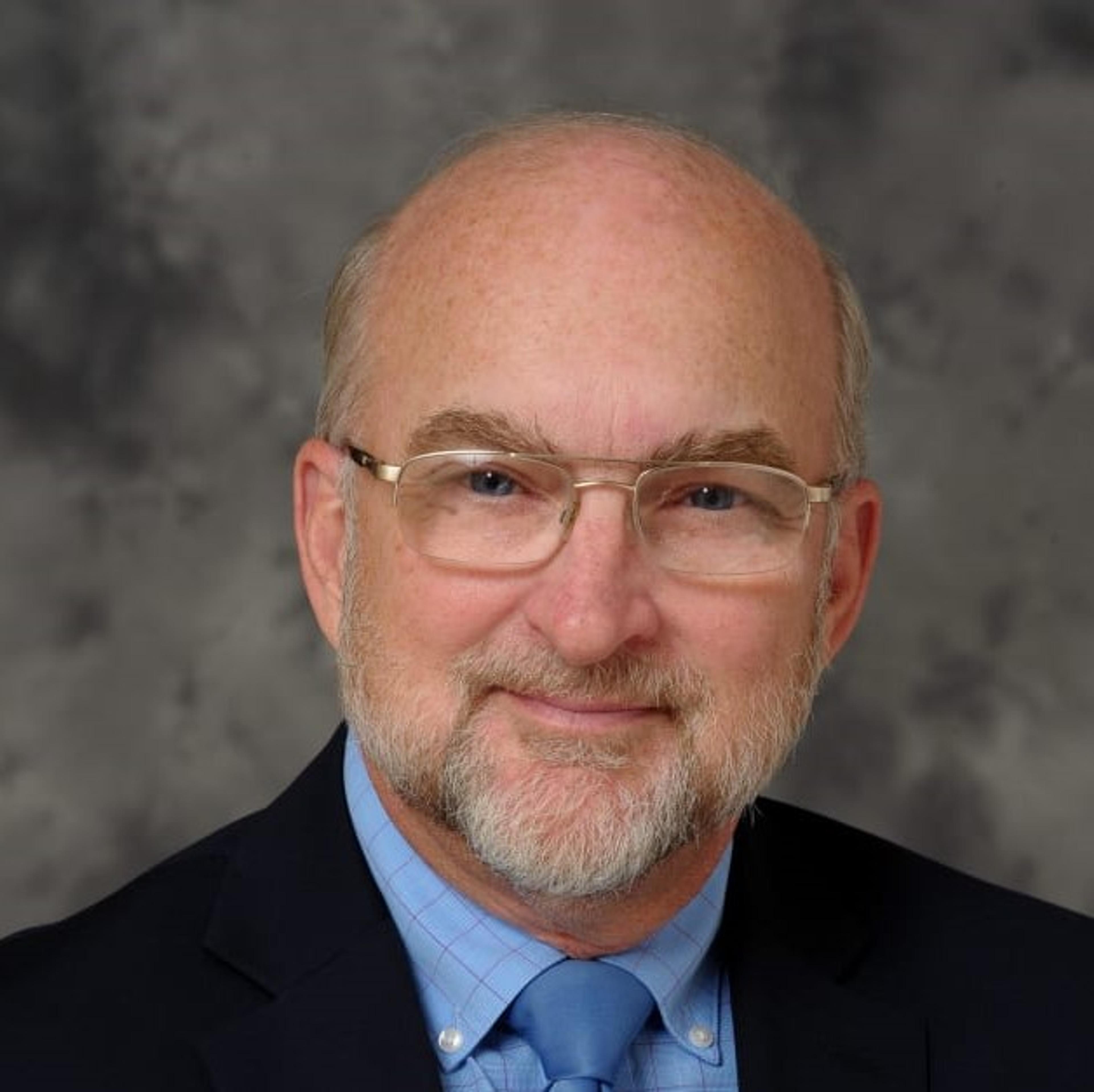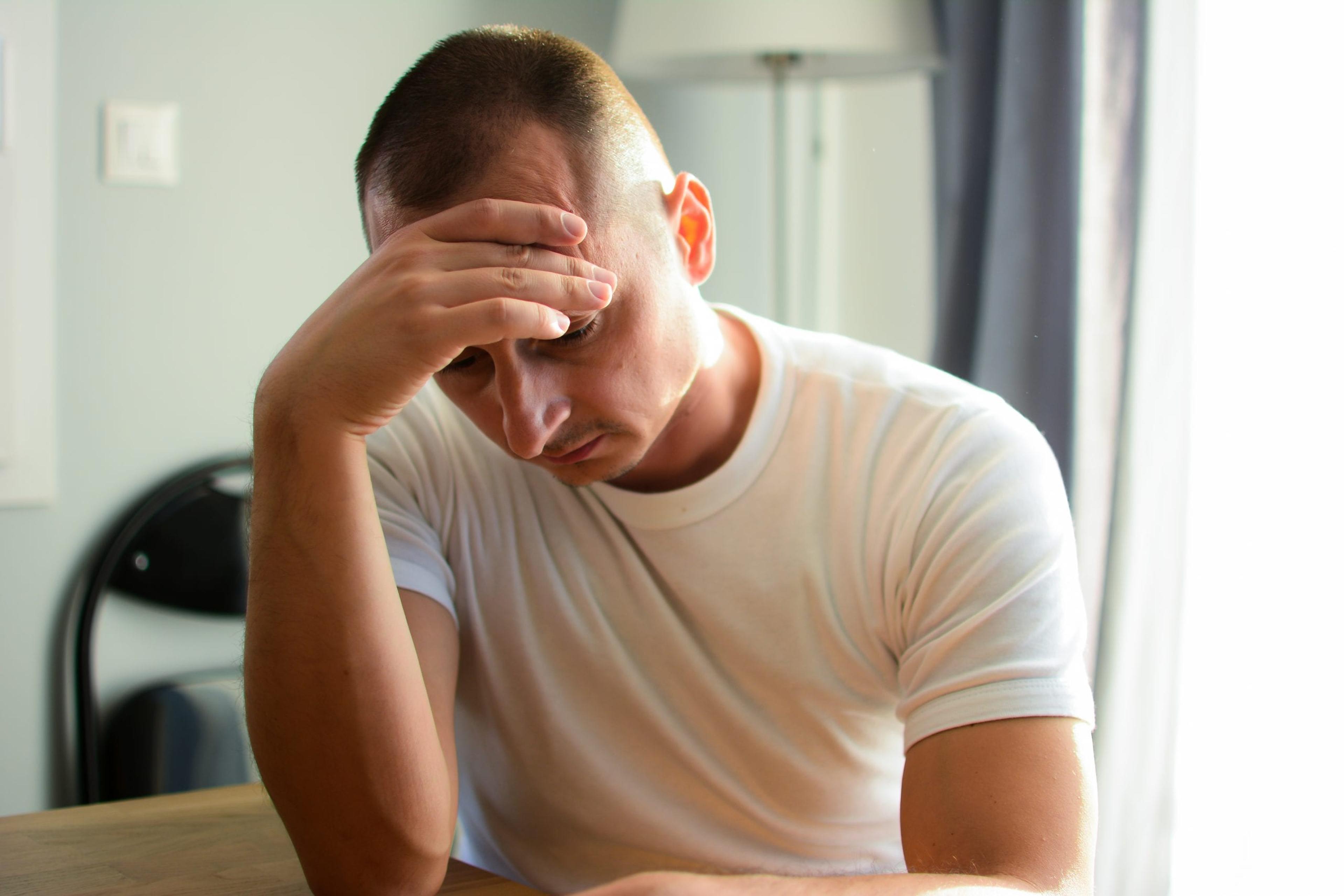Understanding the Link Between Opioid Use and Suicide

Dr. William Beecroft, M.D.
| 2 min read
Dr. William Beecroft, MD, DLFAPA, is the Medical Director Blue Cross and Blue Shield of Michigan Behavioral Health and Behavioral Health strategy and planning. Dr. Beecroft received his M.D. from Michigan State University. He is board certified in general psychiatry with added qualifications in geriatrics and Consultation-Liaison Psychiatry. He will serve as the Michigan Psychiatric Society President in 2025.

A link exists between suicide and opioid use that deserves to be discussed. In the U.S., the combined number of deaths among Americans from suicide and unintentional overdose increased from 41,364 in 2000 to 110,749 in 2017 — a number that exceeds the number of deaths from diabetes since 2010, according to the Centers for Disease Control and Prevention. Researchers have found that weekly or more frequent opioid use is associated with suicidal ideation, suicide planning and suicide attempts, according to the U.S. Department of Veterans Affairs. It appears that the risk for suicide increases as the daily dosage of opioids increases. Here are three possible reasons:
- Opioid use influences impulsivity. Those who are intoxicated have difficulty making clear choices or accessing the higher functions of the brain.
- Those who are addicted to opioids are living in reduced social circumstances. Many are unemployed, with a narrow circle of non-using friends. They feel trapped by their addiction and may think suicide is the only way out.
- Opioids alter the perception of pain. While the physical sensation of pain may remain, they don’t care as much so are more likely to hurt themselves. Opioids decrease fear and anxiety.
Such negative effects of opioids are among the reasons Blue Cross Blue Shield of Michigan has taken a multipronged approach to battling the opioid epidemic over the past several years. Our efforts include education, advocacy, pharmacy programs and incentives to health care providers who treat patients with opioid use disorder. If you or someone you know is in crisis and needs help, call the National Suicide Prevention Lifeline at 1-800-273-TALK (8255). Blue Cross and Blue Care Network members can call the number for mental health services on the back of their Blue Cross member ID card 24 hours a day for help and referrals. If a member doesn’t have a specific mental health number, the general number can provide assistance. Dr. William Beecroft is the medical director of behavioral health for Blue Cross Blue Shield of Michigan and Blue Care Network. He also serves as a subject matter expert on a statewide Suicide Prevention Commission. Related:
- Understanding Opioids and Their Effects
- 5 Steps to Avoid Prescription Medication Abuse in Teens
- The Evolution of Pain Management
Photo credit: Nenad Cavoski





